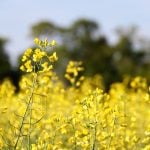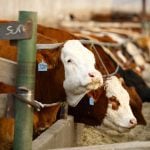
Tag Archives Sustainable agriculture
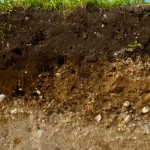
Dirt’s big year
The FAO has designated 2015 as the International Year of Soil
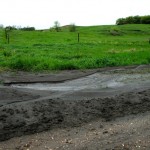
Editorial: Changing how we think

Weeds and weather woes included
A new card game aims to meld farming with fun, while teaching kids a little bit about how agriculture works in Manitoba
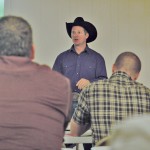
Steve Kenyon: The weed whisperer
Alberta cattle farmer shares his tips on successful practices
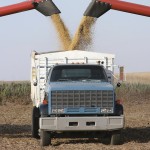
Conflicting ideologies cloud debate on farm chemicals
Chemical farmers view the notion that organic is more profitable as just plain wrong
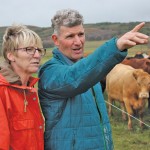
New study investigates success of local organic farm
Biology professor from Brandon expects to learn a lot from closed-system operation

Agriculture enthusiasts descend on the town of Clearwater
Harvest Moon connects urban and rural folks through workshops, markets, concerts and more
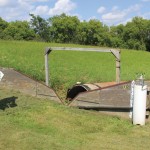
Agriculture’s role in nutrient loss
Ultimately, storing water on the land isn’t just about flood control, it’s about capitalizing on available nutrients as well

Agricultural Hall of Fame: Robert McNabb
Five new members of the Manitoba Agricultural Hall of Fame were inducted July 17 at a ceremony in Portage la Prairie. We’re featuring a new inductee each week
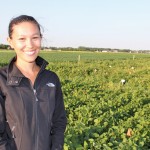
Evaluating soybean varieties for suitability in organic production systems
Organic growers in Manitoba have limited options right now

